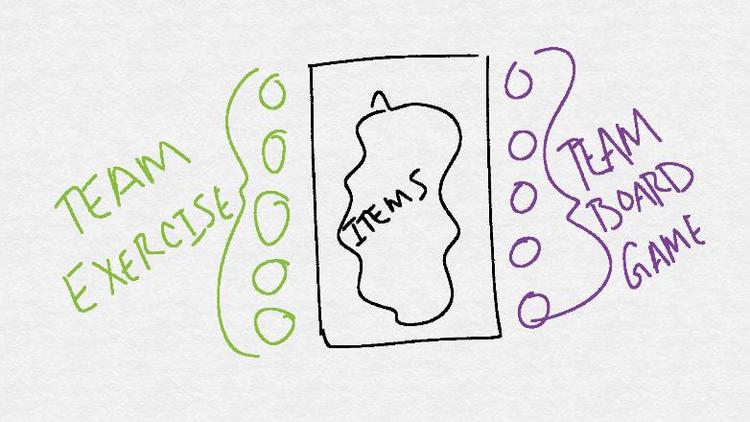| Complexity level: | 5 |
| Time required: | 1 hour required for set-up, 90 minutes required to collect data, 1 hour to analyze, cleanup and discuss. |
| Material availability: | You will need to involve a group of participants of the same age. For example, you could have a classroom of students participate. |
| Safety concerns: | You should exercise caution while performing the physical tasks to avoid injury. |
Hypothesis
Overview
Scientific Terms
Materials
Procedure

References
Related video
Hey there! Here are some awesome videos about this science project that we think you'll really like. They're not only super fun, but they'll also help you learn more about the science behind the project. So sit back, relax, and get ready to have some fun!!


 ;
;